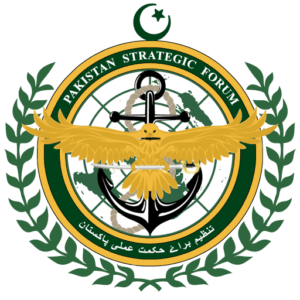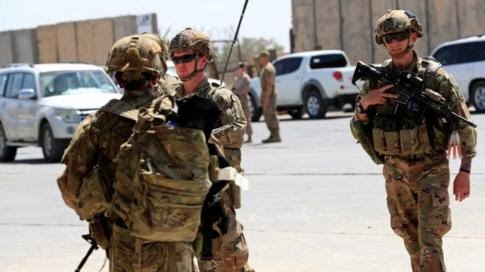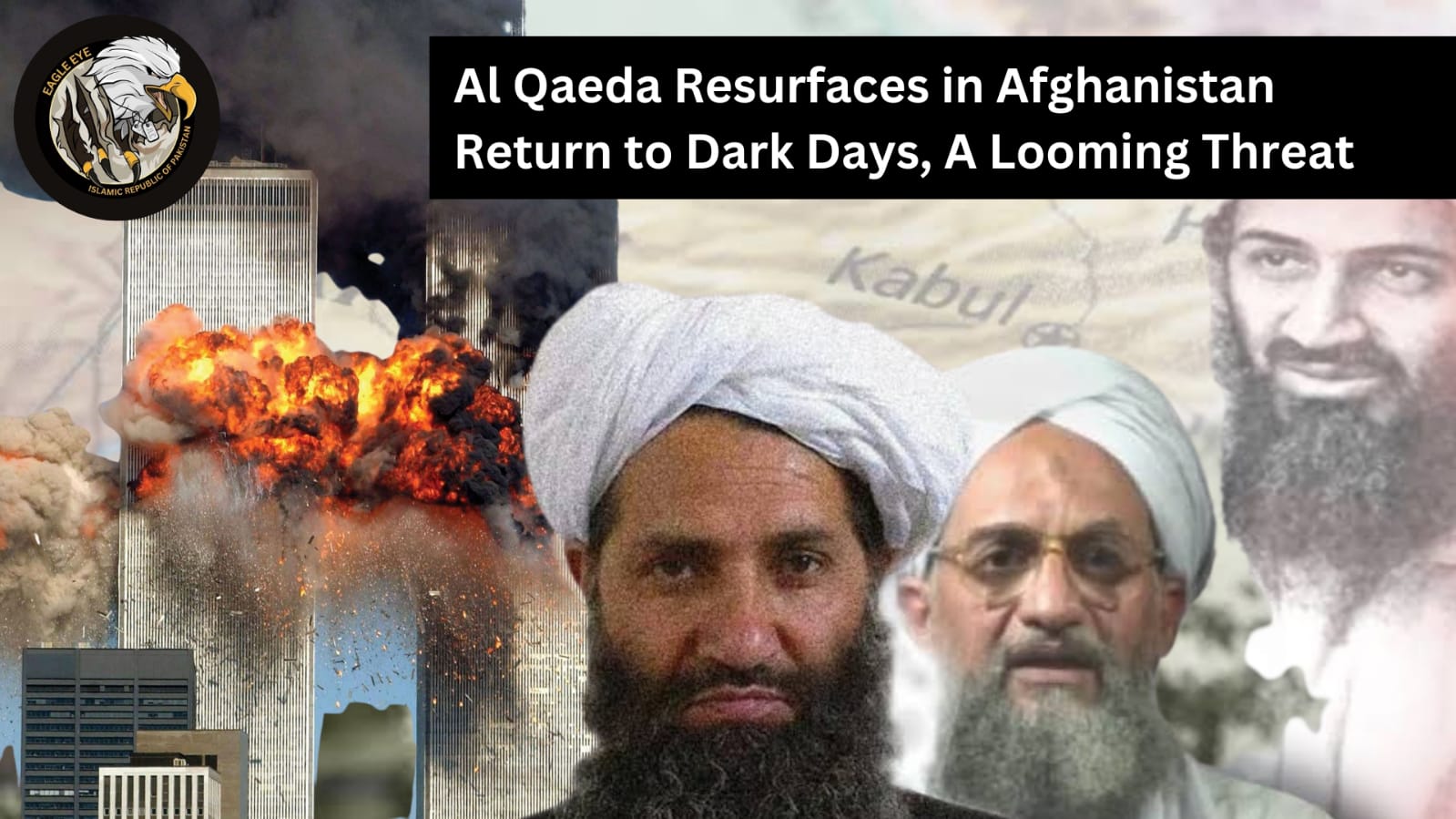In the capital city of Gardez in Paktia Province of Afghanistan at 3.00 am US Special Operations Forces stormed the house. The members of the family were busy celebrating the party thrown to the guest on the birth of a baby. That night US special Operation Forces (USSOF) killed one man and two pregnant women of the family. Moreover, to hide their irresponsible behavior, soldiers used daggers to pull out bullets from the bodies of victims. Afterward, NATO tried to cover up the story by putting out a misleading press release. The press release was challenged by media journalists which mounted pressure and led to the arrival of the Admiral. McRaven to the house of victims to apologize. One member of the victim’s family called them “American Taliban.” (AT)
The stories of such brutal killings are spread across the operational history of USSOF in the war against Terror. In the early years of Obama’s presidency, US Special Operations Force was launched to execute the terrorists across the globe with the kill list increasing after every rising sun. The Obama administration tried to wrap up the war in Iraq and later, Afghanistan to fulfill one of its election campaigns promises. In the meantime, Special Operations Force was given free hand to operate and represent US troops across the globe. By removing the combat troops from the ground and deploying special forces was the easiest way for the administration to lessen the political costs of their actions in the war against terror. Thus, to balance the threat of terrorism with political desire to bring troops home, USSOF became Obama’s tool of choice. Whereas this legacy continued in Trump’s era in its war against ISIS and Al-Qaeda in the MENA region.
The presence of USSOF in every continent fighting the US war against terrorism is worrisome. From war in Syria, Iraq, Afghanistan, Yemen, and the whole African continent, USSOF boots are always on the ground. The aggressive policy of using USSOF either in direct combat or indirect is making things more complicated to understand. In one place, US troops are training the militias to confront ISIS while on other hand its forces are going in far-flanged areas kicking the doors and dragging the people.
It is quite fathomable to rely on USSOF as they are the highly skilled, versatile elite forces within the American military. USSOF has been at the forefront of US combat operations in the last two decades. They are present at every forefront of risky combat mission but as time passed their aggressive deployment in the war against terror is turning things going from bad to worst. The trained elite forces are deployed swiftly on every new mission which was once carried out by conventional combat troops. On the opposite side, the mission that was best carried out by USSOF has been handed off to conventional troops because USSOF is too busy bringing their numbers down on the prescribed hunt list. The downside of such deployment is that USSOF is losing credibility because of a minor oversight on their operation. The deniability factor is also highly challenging especially in democratic countries where accountability plays a vital role. In the interim, the incident of many operations goings terribly wrong is making the headlines which not only affect the morale of troops but also made them venerable in their organization.
There are several instances of breaking down the discipline and army code of conduct in USSOF units. The incident of murder of a Green Beret in Mali by Navy SEALs, mutilating the bodies of enemy combatants, etc. are harbingers of brewing crisis inside the USSOF units. Similarly, exhibiting a high rate of drugs and alcohol is draining away the capabilities of elite troops. Likewise, USSOF units are the part of US military making at least 5% of overall combat forces. With such little percentage and an increasing number of deployments is itself unsustainable for the troop’s health, training, and safety on the
operational ground. General Raymond Anthony, Commander of the US SOCOM also called the current situation “unsustainable. “Moreover, the use of USSOF as a politically expedient tool instead of the most effective one for the task at hand is a synonym to play at the detriment of a larger strategy for mere timely gains. For example, training the Peshmerga forces in Syria and Iraq who do not share the long-term US goals will only create spoilers and instability in the region especially with NATO countries like Turkey which has openly criticized the US approach.
USSOF has remained the defining feature of the US war against terror yet, few understand the danger it creates in the future. The worrying obsession with USSOF has made complex relations where any form of criticizing of USSOF raises eyebrows. It not only hampers the improvement of USSOF units but also brings down the discipline of units which will lead to the downfall of the organization. Moreover, at this changing course of history, USSOF will need to update its units to meet the future adversary as China and Russia. With today’s level of preparedness, it will not perform better on the ground. The new Biden administration under Secretary Defense Lloyd Austin requires bringing changes in USSOF deployment methods to meet the future criteria of special warfare.
Author: Syed Ali Abbas
About Author: Syed Ali Abbas has graduated in International Relations from NUML, Islamabad, Previously, Syed worked with Global Village Space magazine and as a research internee at the Center for Global and Strategic Studies, Islamabad. Syed also worked as a research associate at NUML, Islamabad. He tweets @smalinaqvi05.
Note: The views expressed in this article are the author’s own and do not necessarily reflect the editorial policy of Pakistan Strategic Forum.
#TeamPakistanStrategicForum






